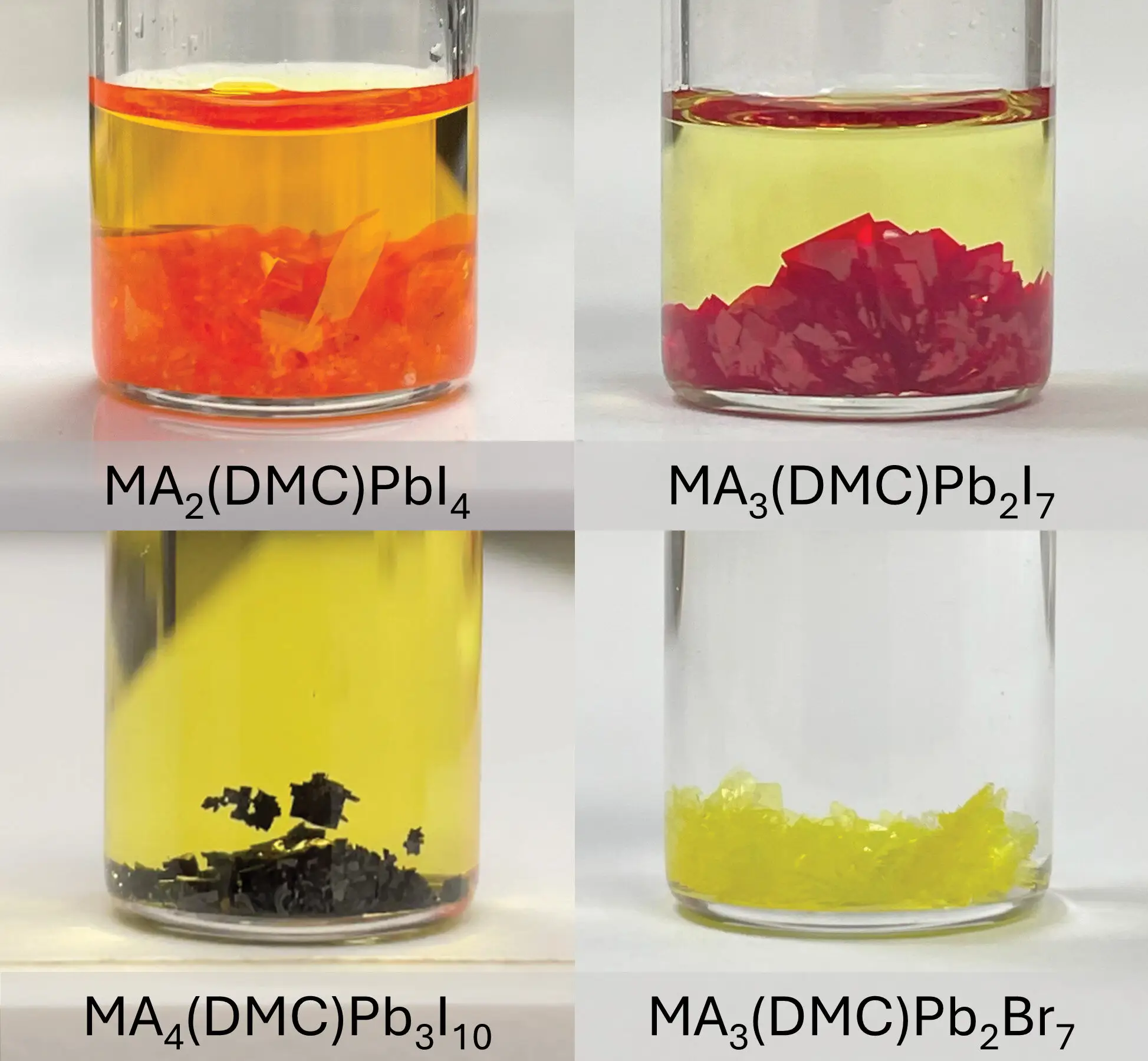


A team of scientists has discovered a new way to help buildings conserve energy.
The research team at Nanyang Technological University created new semiconductor materials that could literally transform how buildings save energy.
The materials are called 2D halide perovskites - a special type of semiconductor - and what's exciting about them is that they can switch between different colours at specific temperatures.
Their breakthrough findings, published in the Journal of the American Chemical Society, could spell new opportunities for building construction.
Advert
The scientists developed 2D halide perovskites by combining perovskite crystals with dimethyl carbonate, a non-toxic compound.
This combination then produced four new types of semiconductors each with unique properties.
Most interestingly, one of the materials could switch between orange and red colours when heated to about 176 degrees Fahrenheit and return to orange when cooled.

The team showed this colour change could happen over and over, at least 25 times in their tests.
It's hoped that these smart materials could be used to create smart windows or wall coatings that adapt and automatically respond to the weather.
For example, windows or walls could reflect more sunlight on hot days, helping keep buildings naturally cool without using extra air conditioning.
As a result, energy bills would be lower and there would be less pollution from power plants. A win-win on both sides really.
According to Tech Xplore, there’s also potential for these materials to improve solar panels and LED lights, making renewable energy technology even more efficient and affordable for everyday use.
Similarly, researchers from the University of Chicago invented a cladding material that changes colour to help with heating or cooling in 2023.

Whilst the Chicago team's composite material consisted of layers of copper foil, plastic and graphene, the properties appeared similar in that the outside temperature changed its infrared colour – the colour it appears under thermal imaging.
The technology builds on years of research into perovskite semiconductors, which are widely used in solar cells, light-emitting diodes (LEDs) and lasers.
Scientists have studied these intensely because they're cheaper and easier to produce than traditional semiconductors.
Now, adding the ability to respond to temperature changes makes them even more practical for a wide range of applications.
Without getting ahead of ourselves, however, these new materials will need further testing before they can hit the market.
With the basic concept understood, the research team plans to focus on making them more durable and testing how they perform in real-world conditions.